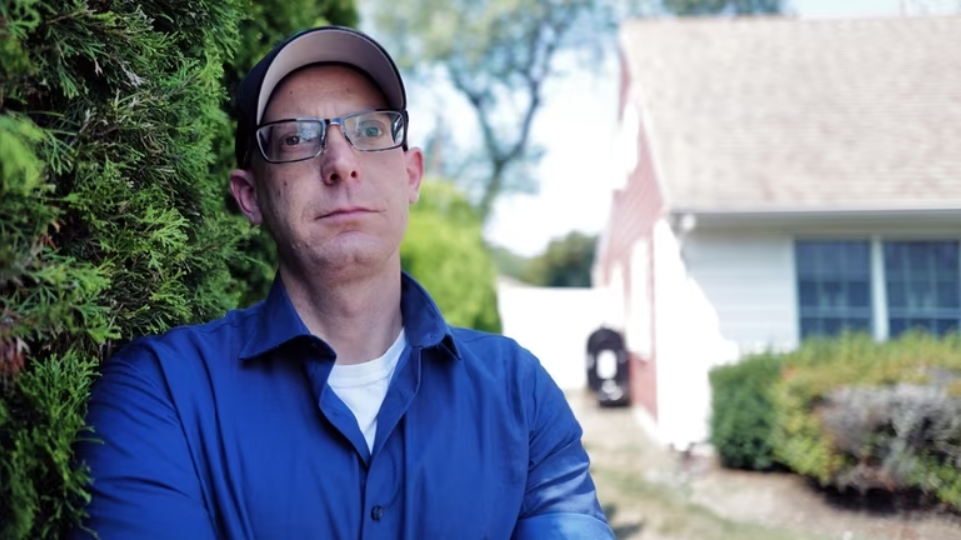By Sarina Trangle (Newsday)
sarina.trangle@newsday.com; Twitter: @SarinaTrangle
Updated August 11, 2023 6:30 pm
Link to original article: Click here to view.
An upstate judge issued an order Friday that maintains a freeze on the processing of provisional retail cannabis licenses, except for firms the state says were poised to receive final approval ahead of the lawsuit.
Administering dispensary licenses has been on hold since Aug. 7 while the court considers arguments from veterans who want licenses and say the state has skirted social equity priorities enshrined in law.
Through its “conditional” or initial licensing program, the state has given three dozen companies the green light to open dispensaries on Long Island. Just one, Strain Stars in Farmingdale, has found a location, had it approved by municipal and state officials and received final authorization.
The /ordered pause does not apply to provisional licensees that — as of Aug. 7 — “met all requirements for licensing, including but not limited to site plan approval from the [Cannabis Control Board] and, where applicable, from local municipalities,” State Supreme Court Justice Kevin Bryant said. But for now many licensees are in limbo.
The state Office of Cannabis Management, which regulates the industry, will compile a list of which companies it believes met that criteria. The veterans behind the suit may, if they wish, object to the state’s analysis. Then on Aug. 25, the court will decide which licensees may be exempted from the injunction or administrative pause, according to Sean McGowan, partner at Kaufman McGowan PLLC, a Hauppauge-based firm that specializes in cannabis law.
Many vendors licensed to launch on the Island have struggled to find real estate that meets state and local guidelines. Most will be impacted by the freeze on processing licenses, according to Hugosbely Rivas Jr., co-founder of the Long Island Cannabis Coalition trade group.
“It does slow us down,” he said.
The conditional licenses are reserved for business owners who were convicted — or related to someone convicted — under the old marijuana laws.
Regulators said they were giving a head-start to people with cannabis convictions and those from areas where enforcement of anti-marijuana laws was harshest. Such people were granted greater priority than other social and economic equity candidates in the measure legalizing marijuana, the state argued.
OCM plans to start accepting retail applications from everyone in early October, and prioritize five types of social and economic equity applicants.
But veterans, including Carmine Fiore, of Levittown, said the law requires the state to open retail applications to all candidates at the same time. Issuing licenses in phases undercuts the priority that is due to veterans disabled during their military service and other social and economic equity candidates, the suit said.
Bryant said regulators’ arguments that they had the authority to create the conditional retail license “are not persuasive” and he rebutted complaints that the freeze exposed licensees to financial losses.
“It is certainly conceivable that a successful challenge to the [Conditional Adult-Use Retail Dispensaries] program could result in a finding that the licenses are invalid,” his order read.
OCM didn’t immediately respond to a request for comment.
ATTORNEY ADVERTISING

